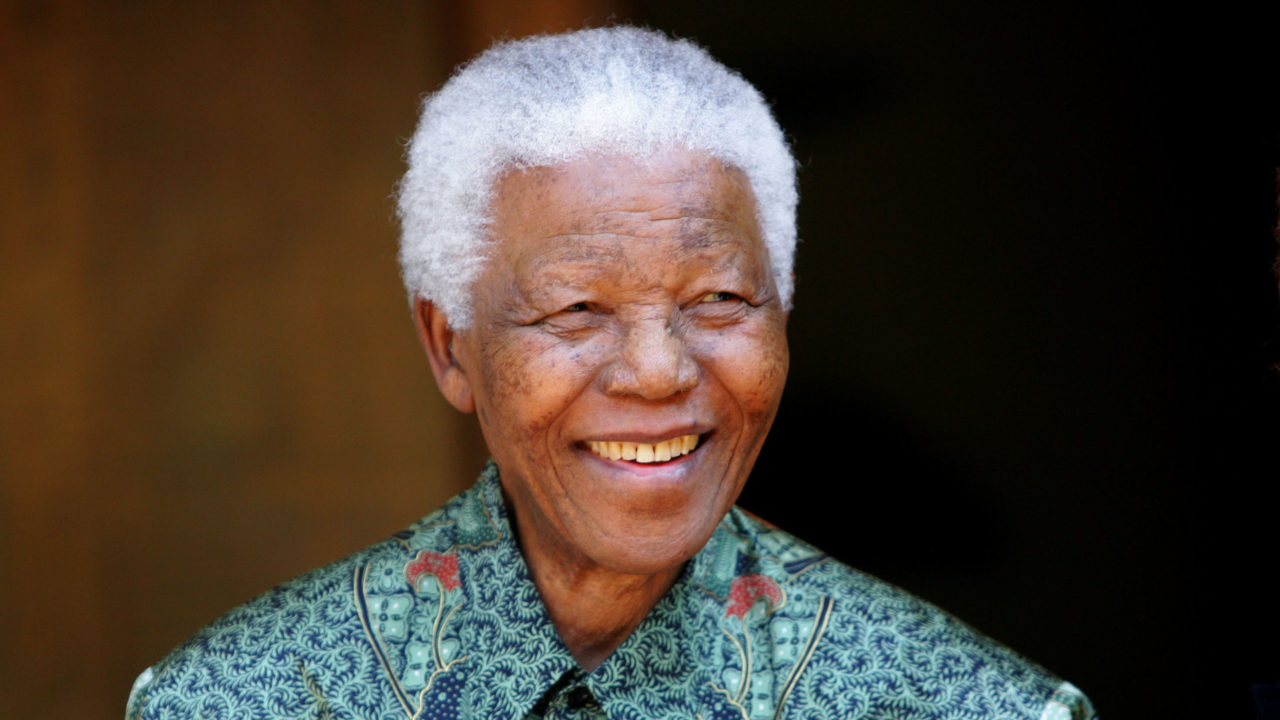
The celebration of Africa Month offers an opportunity to assess three decades of South Africa’s peacemaking contributions to the continent. Founding president, Nelson Mandela, famously noted in a speech to the United Nations (UN) General Assembly in 1995: “We come from Africa and South Africa … to thank the United Nations for challenging, with us, a system that defined fellow humans as lesser beings … The youth … are … bound to wonder why it should be that poverty still pervades the greater part of the globe; that wars continue to rage; and that many in positions of power and privilege pursue cold-hearted philosophies which terrifyingly proclaim: I am not your brother’s keeper!” Madiba led peacemaking efforts in Burundi and Lesotho, but was unsuccessful in mediating the Zairean crisis in 1997, and was diplomatically isolated by a bruising political battle with Nigeria’s autocratic General Sani Abacha in 1995.
Thabo Mbeki pursued an “African Agenda” to stabilise the continent, deploying 3,000 peacekeepers to Burundi and the Democratic Republic of the Congo (DRC) – under South Africa’s dynamic General Derrick Mgwebi – thus transforming the country from being Africa’s most destabilising power to its most energetic peacemaker. Mbeki developed an innate understanding of Mandela’s concept that “Every African is his brother’s keeper.” He also served as the mediator in Côte d’Ivoire between 2004 and 2006. Out of power, Mbeki helped negotiate a government of national unity in Zimbabwe in 2009, and from 2012, mediated between Sudan and South Sudan on behalf of the African Union (AU).
Under Mbeki, South Africa also served on the UN Security Council in 2007/2008, pushing for the reform of the anachronistic Security Council to expand membership to include countries such as South Africa, Nigeria, Brazil, India, Germany, and Japan. The AU’s quixotic 2005 Ezulwini Consensus – calling for three new veto-wielding African permanent seats to augment the continent’s three rotating seats – however, effectively stalled the process. Tshwane also pushed forcefully for the strengthening of security cooperation between the UN Security Council and logistically and financially weak African regional bodies, with 15 meetings having taken place between the 15-member AU Security Council and the 15-member UN Security Council since 2007.
From 2009, Jacob Zuma continued to stress “the African Agenda,” demonstrating more continuity than change in South Africa’s foreign policy. But, whereas Mbeki sought leadership at the continental AU level, which he was sometimes unable to translate into leverage at the Southern African level, Zuma – in securing strong sub-regional support through Angola – gave Tshwane greater influence at the continental level. This was evidenced by Nkosazana Dlamini-Zuma’s controversial SADC-driven appointment as AU Commission chair in 2012. South Africa again served on the UN Security Council in 2011/2012, stirring controversy over its voting record on Libya and Côte d’Ivoire. A botched intervention in the Central African Republic (CAR) in 2013 saw 13 South African soldiers killed, resulting in a humiliating withdrawal of its contingent from the country.
Under Cyril Ramaphosa, South Africa again served on the UN Security Council in 2019/2020. As AU chair in 2020, the president identified the Congo, CAR, and Libya as key priorities for “silencing the guns.” Tshwane was particularly active on Sudan, South Sudan, Congo, Burundi, and Western Sahara, often aligning with China, Russia, and African allies in challenging the US, Britain, and France. Elsewhere, 3,000 SADC soldiers from South Africa, Botswana, Lesotho, Angola, and Zambia – along with Rwanda – deployed in Mozambique’s mineral-rich Cabo Delgado province, from July 2021, in a bid to stem a four-year insurgency.
We return to the words of Nelson Mandela at the UN in 1995, condemning powerful countries for often adopting a heartless indifference to the idea of a common humanity, and thus lacking what the Nobel laureate termed Ubuntu: the gift of discovering our shared humanity.
Professor Adebajo is a senior research fellow at the University of Pretoria’s Centre for the Advancement of Scholarship in South Africa.






